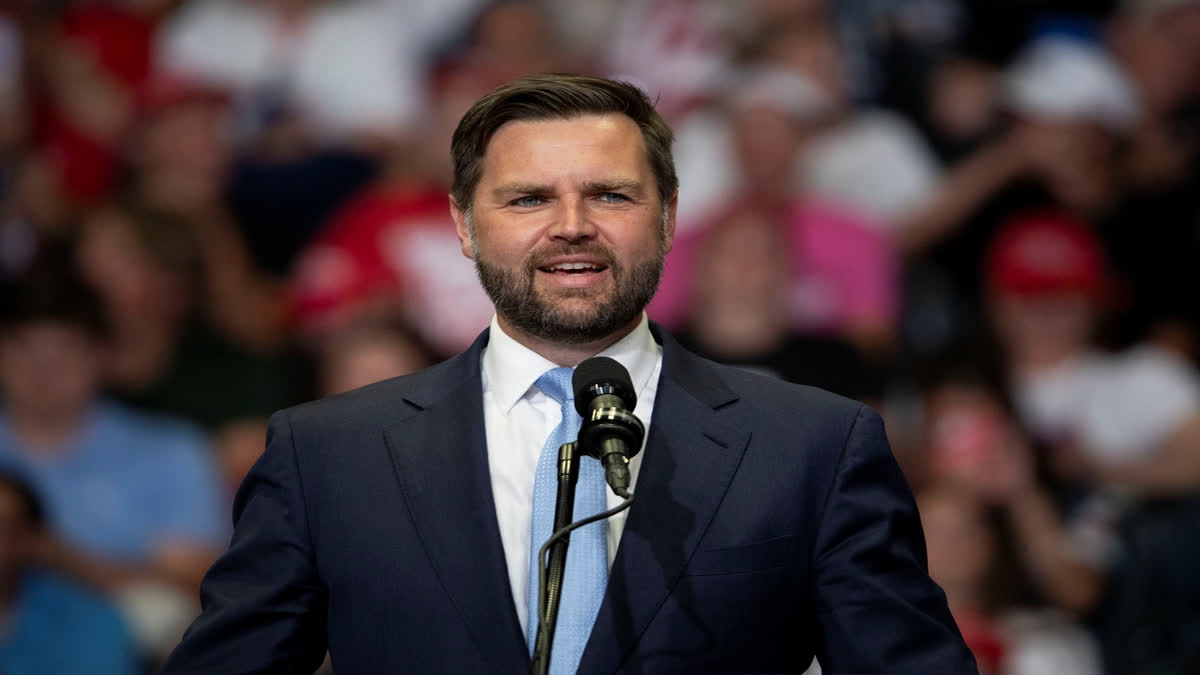With an underwhelming social media post announcing his Vice-President pick amidst the Republican National Convention in Milwaukee, the presidential nominee Donald Trump has sent a clear signal about the future of the GOP.
Trump's VP running mate, J D Vance, the Ohio Senator, is a loyalist and a leading light of the post-liberal, populist right. Breaking away from the Reaganite Republican establishment's agenda of free trade, deregulation, tax cuts, and a small state, Vance has chosen to throw his lot with the ascendant populist, illiberal wing of the party with Trump as the charismatic figurehead.
Emerging from a working-class background, Vance has ambitiously navigated the power corridors of Washington: first as the darling of the elite, liberal establishment as an anti-Trump diagnostician of the ailing white working class and now as a populist, MAGA representative of that same aggrieved white working class.
Vance's populist raging against the establishment might seem incommensurate with his own firm moorings in the American elite circle with the Yale Law School and Silicon Valley pedigrees. His tendency to take extreme right-wing positions has also warranted criticism. But even the critics admit the Ohio Senator's intellectual acumen and his willingness to forge issue-based coalitions with the populist left makes him a valuable player in a fractured political landscape. As a young and talented politician, Vance is a crucial actor in the remaking of the Republican party and, consequently, the American democracy. With Trump leading in polls and the Democrats in disarray, Vance's potential role as the Vice President warrants attention to his foreign policy platform.
In line with a break away from the post-Cold War Republican consensus on economic globalisation and muscular neoconservatism, Vance champions economic nationalism and a restrained foreign policy. A searing critique of the erstwhile elite paradigm serves as the starting point for the post-liberal right-wing reimagination of US politics and policy.
The neocons are held responsible for wasting the American treasury and blood on unnecessary wars abroad; neoliberal globalisation is faulted for the atrophying of the industrial base, the suppression of the labour power, and ensuing working-class precarity. Apart from the incessant domestic cultural wars, the populist, postliberal Right that Vance represents is also obsessed with a hardline approach towards border security to deal with drug smuggling and illegal immigration.
Vance's preferred foreign policy agenda includes a tough approach towards China, calls for greater burden sharing on the part of European partners, shoring up of East Asian allies including Taiwan, and a protectionist trade policy as well as dollar devaluation in service of US export competitiveness. It would be a mistake to label Vance's foreign policy approach as isolationist due to his repeated calls for the US to agree to a negotiated settlement in Ukraine.
